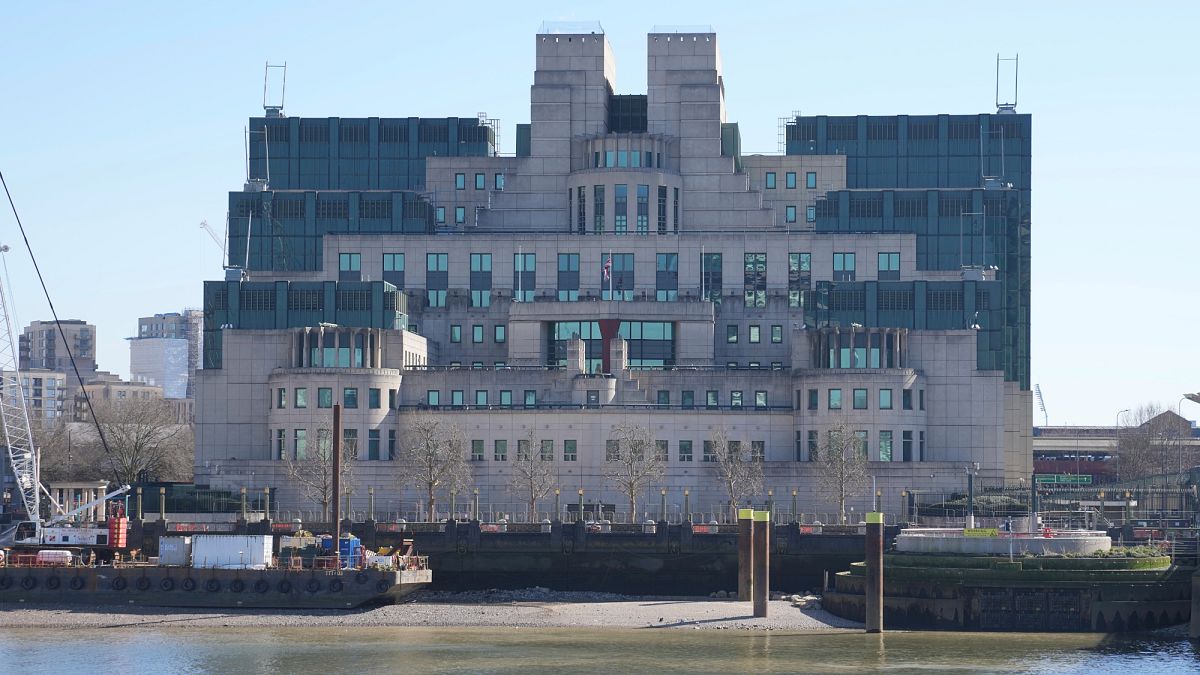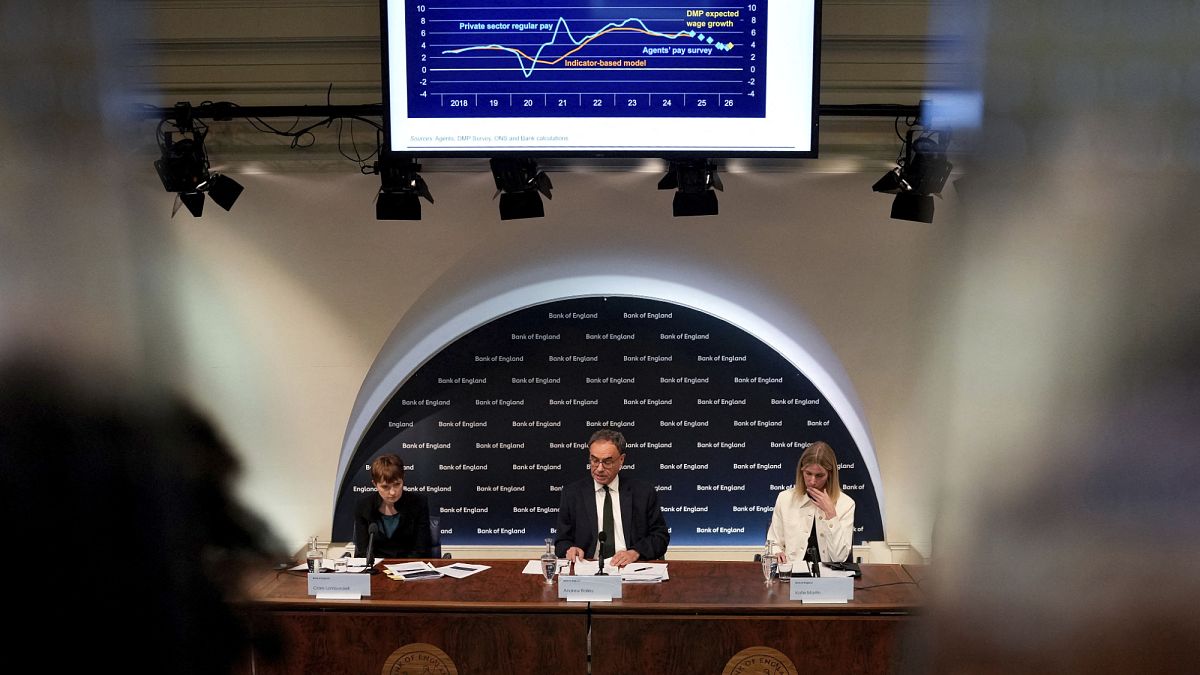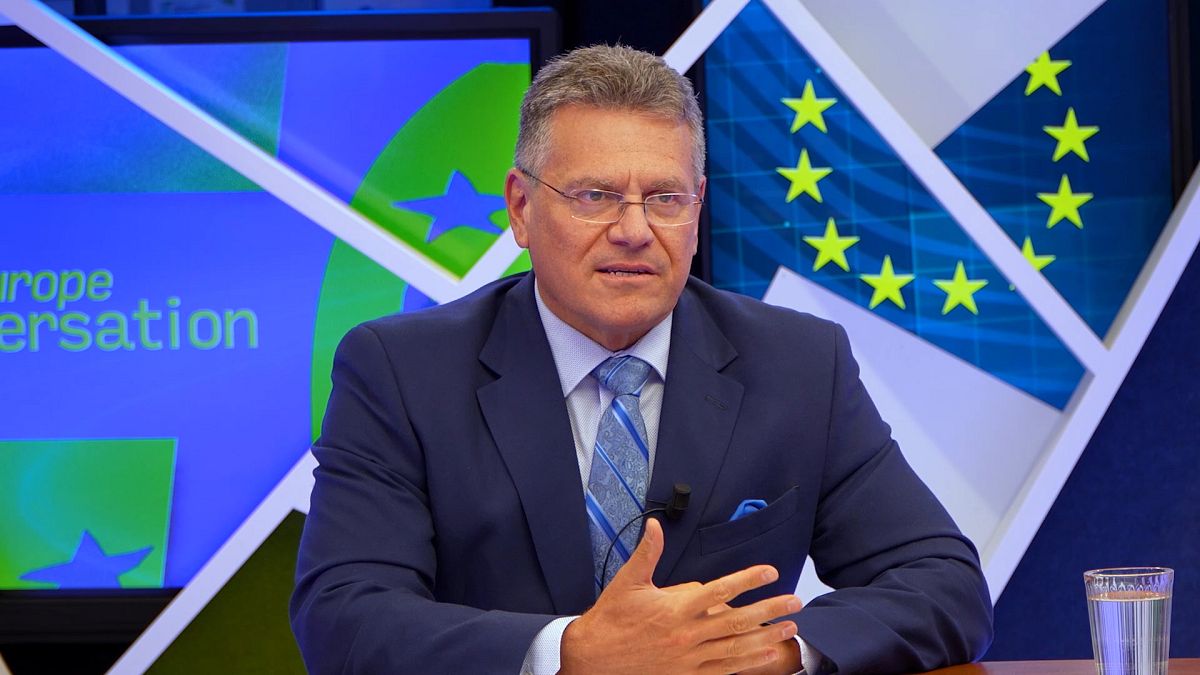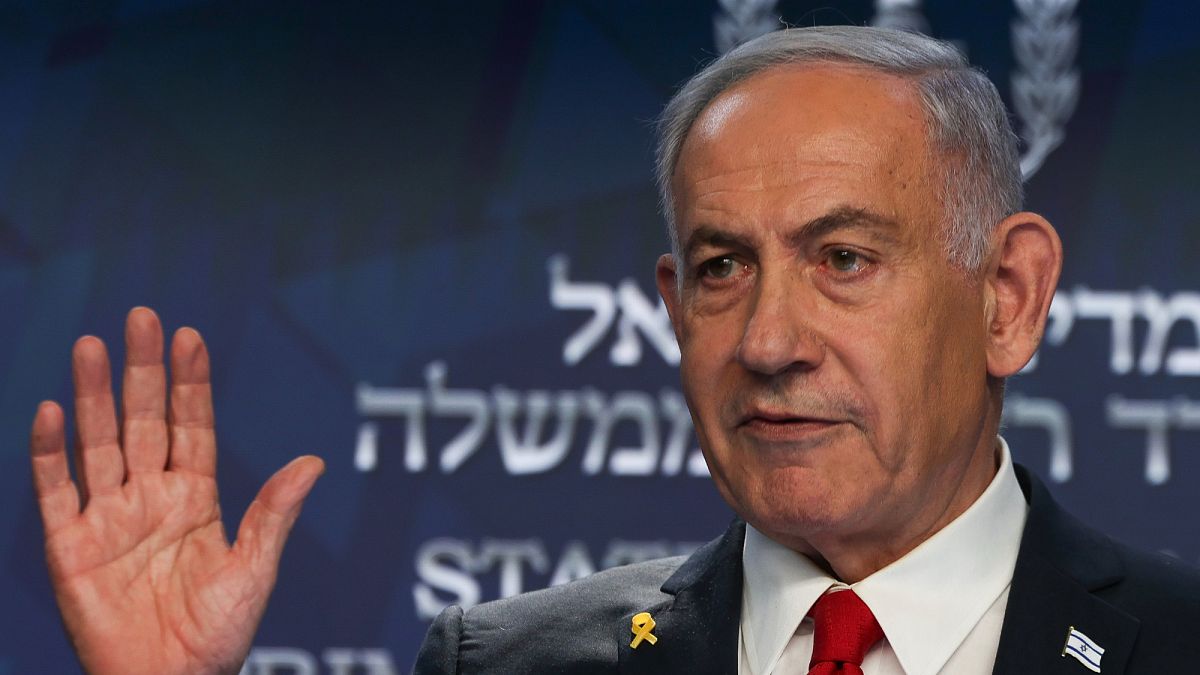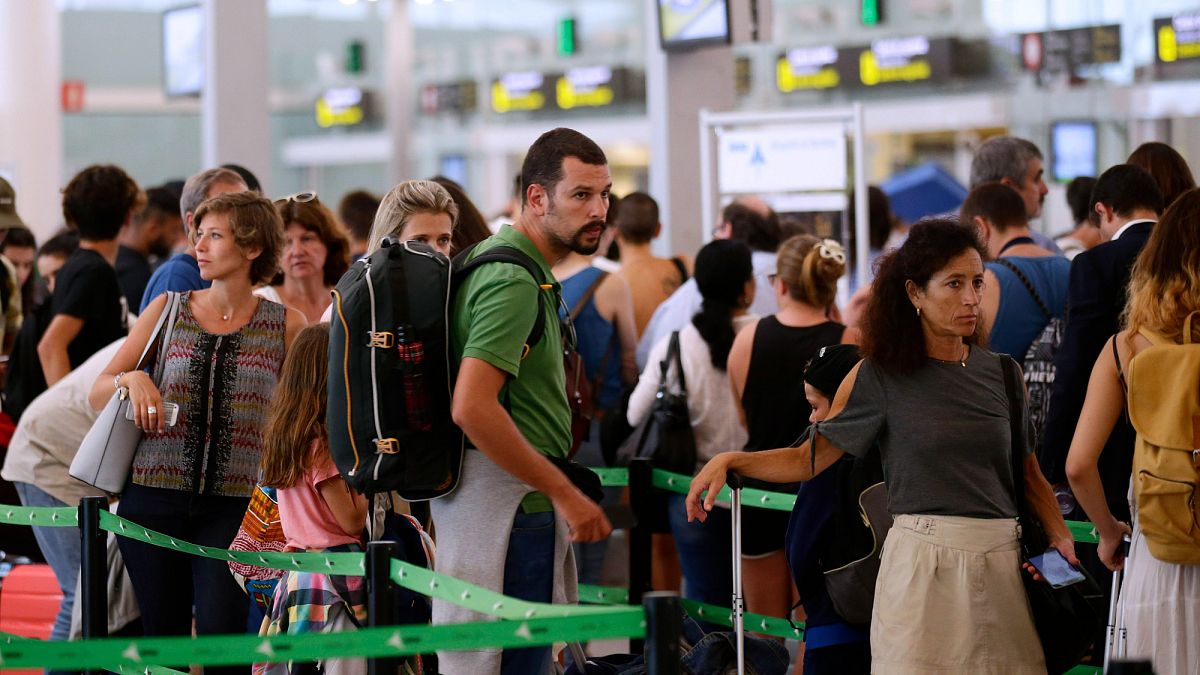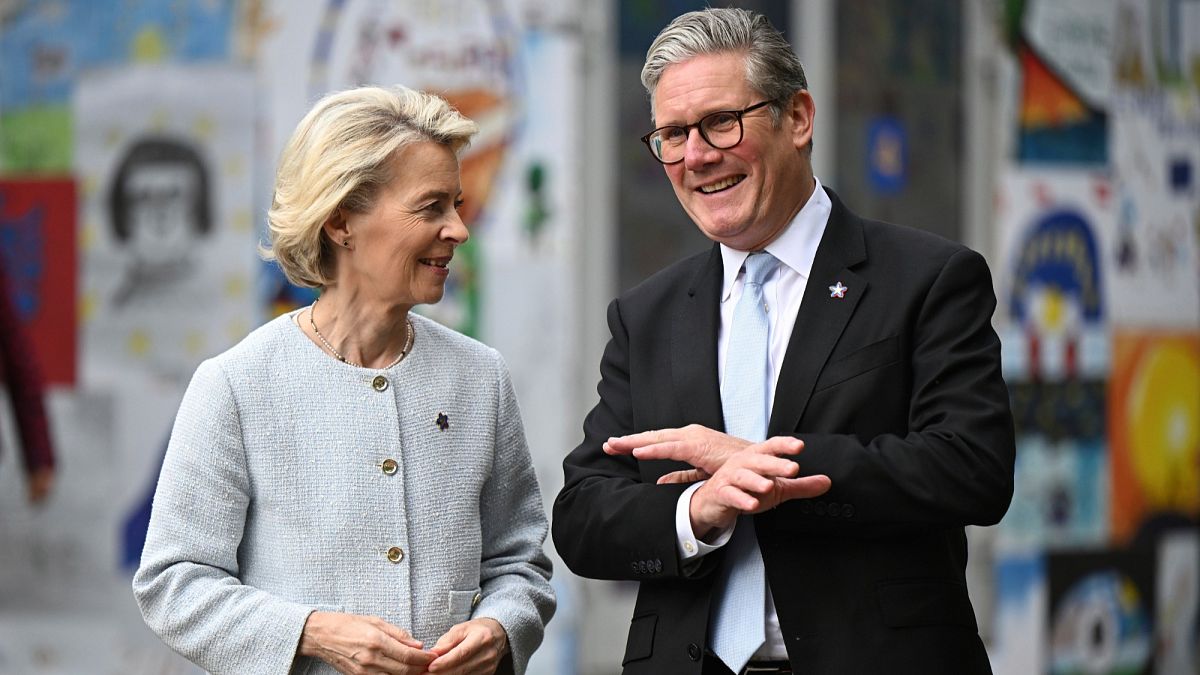Europe’s largest ever cross-border power link to boost energy security

The Netherlands and the UK plan to build Europe’s biggest cross-border power line to deliver clean energy and boost energy security.
Connected to an offshore wind farm, the ‘LionLink’ interconnector will be able to transfer 1.8 gigawatts (GW) of electricity – enough to power 1.8 million homes.
The plans were announced by on Monday ahead of a leaders summit on energy in Ostend, Belgium.
The cross-border electricity line will be the largest of its kind
The cross-border line is being developed by Britain‘s National Grid and Dutch electricity network operator TenneT and will be operational in the early 2030s.
The largest of its kind, the 1.8 GW line will move enough surplus energy between the countries to power the Dutch province of Zuid-Holland, or the British cities of Birmingham and Manchester combined.
This is more than four times the capacity of the 0.4 GW cross-border line between Germany and Denmark, which was the first of its kind.
“Today’s historic deal with the Netherlands connects our two countries together through this exciting feat of innovation and engineering – the largest of its kind in the world,” says Britain’s energy minister Grant Schapps.
Britain and the Netherlands currently have one power interconnector, the 1GW BritNed link.
Although the route of the new cable has not been specified, it will link the two countries with one another and with offshore wind farms in the North Sea. This will reduce the need for further onshore construction and visible infrastructure in coastal communities.
It is expected to bring £20 billion (€23bn) a year of investment to the UK’s coastal regions and create 40,000 skilled green jobs to Britain.
The power line will help boost energy security in Europe
Not only will the project create jobs and support the two countries’ net zero ambitions, it aims to reduce reliance on foreign gas imports, such as those from Russia.
“This new connection further boosts energy security and energy independence in Europe,” Dutch Energy Minister Rob Jetten said in a statement.
Schapps added that the countries are “sending a strong signal to Putin’s Russia that the days of his dominance over global power markets are well and truly over.”
The power line is part of a broader pledge to develop renewable energy in the North Sea region. It is set to be made by nine countries around the region on Monday,
The countries’ leaders will commit to rapidly building wind farms and developing energy ‘islands’, or connected offshore green power generation sites, according to a draft of their summit declaration.
The countries, which also include Belgium, Denmark, France, Germany, Ireland, Luxembourg and Norway, aim to develop a combined 120 GW of offshore wind capacity by 2030, the draft says.
While there, the UK is also expected to sign a historic agreement with Denmark to boost trade in cheaper, cleaner energy.
Source: Euro News


